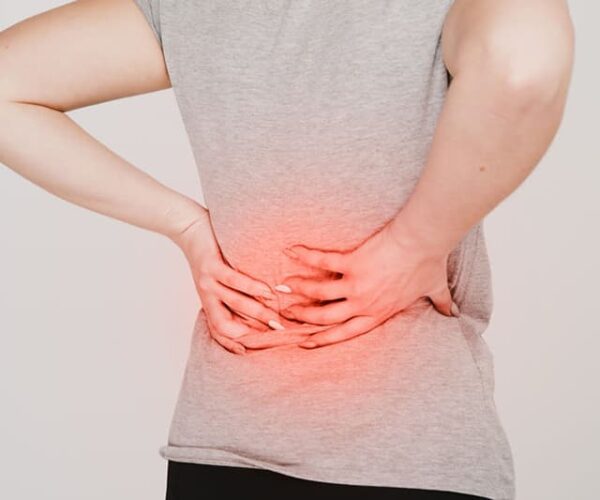When you reach menopause, your ovaries no longer produce eggs. They also stop producing estrogen and progesterone. These hormones are essential for many functions in your body, including reproduction and keeping bones strong. At this point, you will no longer have menstrual periods hence you cannot get pregnant. Other than the loss of estrogen, San Antonio menopause causes a shift in your body triggering an array of other health conditions. For instance, American Heart Association (AHA) LDL or bad cholesterol, triglycerides and blood pressure are likely to increase after menopause.
Read below to discover the symptoms of menopause and the diseases it causes.
The effects of menopause include:
Hot flashes and night sweats– These are sensations that are felt throughout the body and commonly occur during sleep. A hot flash typically lasts less than five minutes, but it can be very uncomfortable and disruptive to your normal lifestyle.
Vaginal dryness – Vaginal dryness occurs because estrogen levels decrease during menopause. It often causes pain during intercourse, which can affect sexual relationships with your partner.
Urinary incontinence – This is an involuntary urine loss from your bladder. While urinary incontinence isn’t always related to menopause, it may occur more frequently if you’re going through menopause early before age 50.
Mood changes: Some women feel happier or more energetic during menopause. Others feel sad or anxious. Mood changes may also occur if you have other serious health conditions that are causing these feelings rather than menopause itself.
Health risks that occur with a decrease in estrogen levels
Heart disease
While most women believe breast cancer is their major threat after menopause, heart disease is the most serious danger. According to AHA, over a third of women who’ve reached menopause develop a heart problem. This is because in postmenopausal women, estrogen levels drop rapidly and this leads to an increased risk of cardiovascular diseases.
Cancer
Breast cancer is usually diagnosed within 10 years of menopause, but in some cases, it can take up to 20 years for the first diagnosis. Also, ovarian cancer can be diagnosed any time after menopause but it’s more common after 60 years of age.
Osteoporosis
Osteoporosis is a condition that weakens bones, making them more susceptible to fractures and breaks. It’s most common in older adults, typically those over 50 years old but it can occur at any age if you have low bone density or don’t get inadequate calcium in your diet via supplements or food.
What is the best treatment for menopausal symptoms?
One of the most effective methods of treating menopausal symptoms is Hormone replacement therapy. HRT consists of taking estrogen alone or in combination with progestin. This can help relieve hot flashes and vaginal dryness caused by low estrogen levels during menopause. HRT may also reduce your risk of osteoporosis (thinning bones) and heart disease by lowering cholesterol levels in your blood.
Menopause is a natural process that happens to every woman especially after 50 years. Some women have few or no symptoms, while others may experience long-lasting problems such as hot flashes, night sweats and vaginal dryness that can last for years after menopause. If you are experiencing any menopausal symptoms, contact Aurora OB/GYN professionals.




